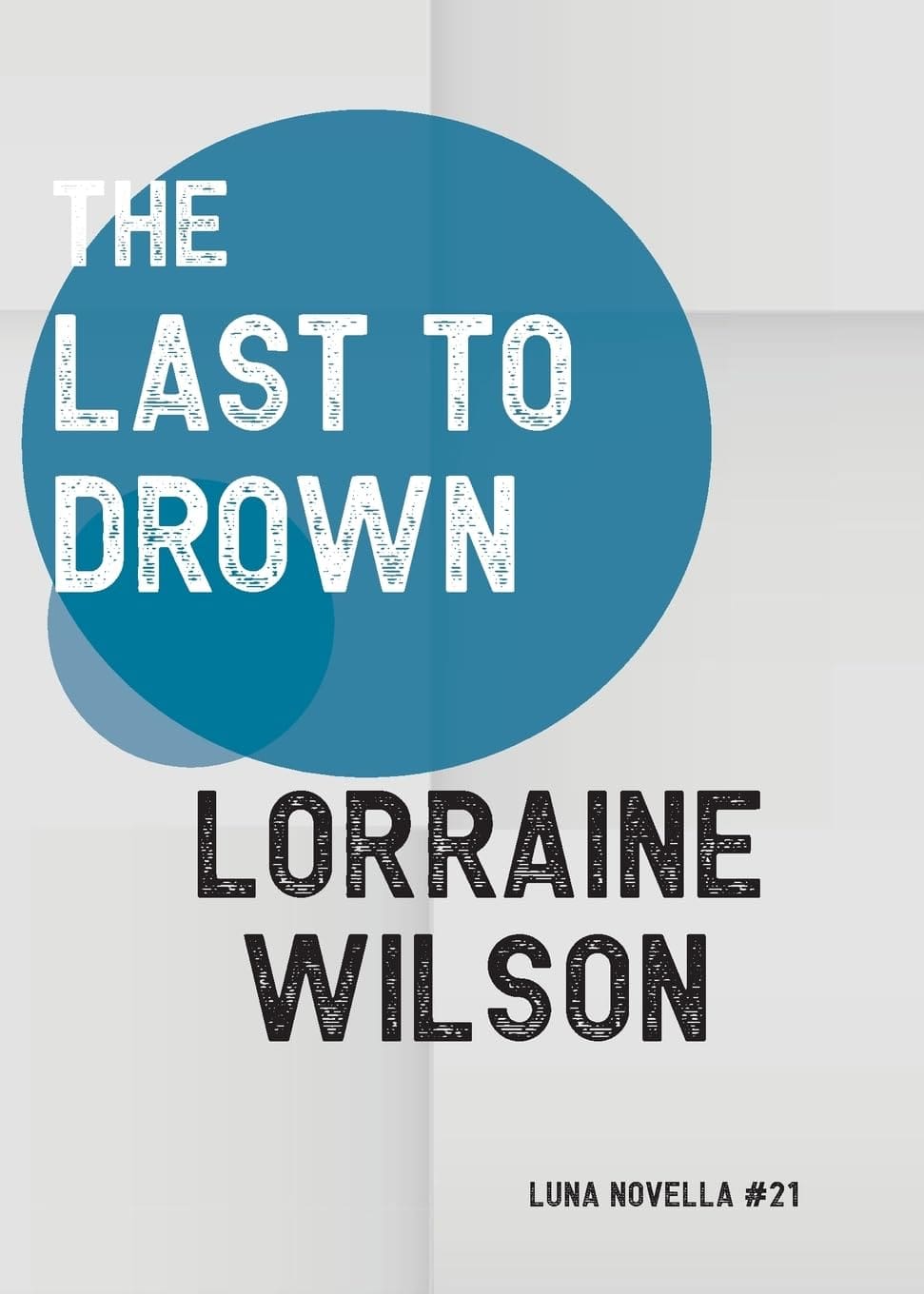
Drown your Sorrows
Synopsis
People from this house go down to the sea at night, and drown.
Tinna cannot remember the last words she said to her husband. Three whole months of her memories were stolen in the crash that killed him and left her scarred and suffering from chronic pain.
Adrift and struggling to reconcile herself to this dual loss, Tinna accepts her aunt’s invitation to return to her childhood home on a remote Icelandic coast. But a greater grief has already taken hold here, one that has haunted the women of Tinna’s family for generations. When her secretive aunt forbids Tinna from going down to the shore in the dark, she still cannot resist. Then she hears whispers on the tide offering her the answers she so desperately needs. If she can bear the price.
Review
Honest confession: I was hesitant to read The Last to Drown by Lorraine Wilson. Not because I didn’t expect to enjoy it, but because my last experience of her work, the emotion-shredding masterpiece that is her novel The Way the Light Bends, in which Wilson uses a woman grieving the death of her twin to engage in a kaleidoscopic examination of all the manifold subtleties and cruelties of grief, was one of those entirely unexpected and beautifully destructive experiences where a three hour read in the afternoon disturbs your emotional weather vane for days.
So, you know, I was a bit nervous. And I had every right to be, because while the potent mix of trauma, loss, grief, ghosts, primal nature and Icelandic folklore that is this short but potent novella did not completely recalibrate my system like her previous grief event, it still did a good job of sending it a little haywire.
The novella follows Tinna, who is in emotional and physical agony; physical as she is recovering from a serious car crash which has left half her face deeply scarred and given her nerve damage and constant pain in the rest of her body; emotional as she lost her husband in the crash too, and to make matters worse she cannot remember anything about the three months leading up to the crash.
As part of her recuperation, she returns to her childhood home in Iceland, a house on the edge of a bleakly beautiful bay, complete with dormant volcano, to stay with her aunt. This is a place her mother ran from when Tinna was five but never explained why. Something strange is happening with the sea there, something steeped in Icelandic folklore and the spirits that haunt it, and her aunt holds secrets; both will collide with Tinna’s furious attempts to reclaim her lost memories and reckon with the cruelty of her loss.
As ever, Wilson is obsessed with the contrasts in grief; the guilt, the rage, the violent eddies and ironies that prevent any peace in the grief-stricken. But by adding the idea of memory loss into the equation, there is a new cruel angle here: Tinna has been robbed twice, of her love and her last memories of her love, and the feeling of being owed by life – the outrage that prevents any healing – gives this novella a wicked sheen to it. Her devastating physical injuries too overpower the flow of this novel; the landscape is so fierce and she is so weak, and at any moment you feel she could be swallowed up by it.
Another of Wilson’s obsessions – the metaphors of nature and the answers and problems it poses the grief sufferer – is also examined here. The Icelandic sea has an entire personality of its own. It absorbs and reflects Tinna’s loss, promising answers and death. Nature here is an extension of the characters’ grief and its own entity; violent and healing at the same time – and beautifully described. Wilson’s prose is ethereally stunning; take a picture of any line and you get poetry. The repeated mantra of this book, what is the sea made of if not tears or bones? will haunt you long after you’ve finished it, especially when, in the classical Wilsonian emotional storm of an ending, its real meaning is revealed.
Wilson is also perennially interested in the failure of emotional connection and communication in family and the generational trauma this causes, and Tinna’s frustrated attempts to bridge the chasm of connection between her mother and her aunt powers this storyline just as much as Tinna’s grief quest. Either the family must heal or the sea must steal, and you are never quite sure which will happen in the climatic, atmosphere-scoured, intense ending.
The Last to Drown is a story of rage and loss and the promise of healing that threatens to submerge you in the angry Icelandic sea it describes. I’ve never read anyone in the speculative world who writes about grief and loss like Lorraine Wilson; her books shatter you into pieces then attempt to heal you, but you’re never the same.
You can buy The Last to Drown direct from Luna Press here









Leave a Reply